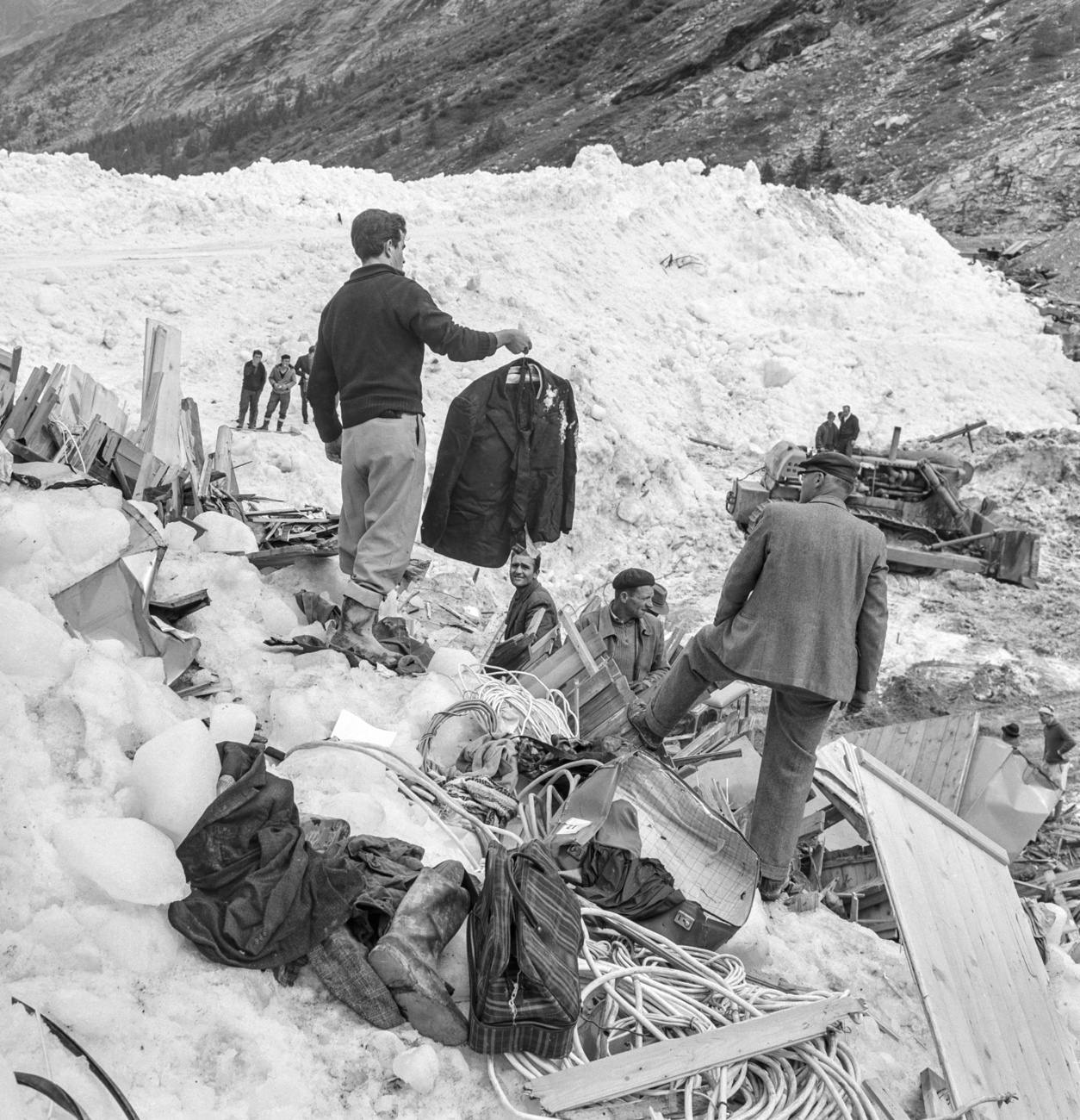
Government forced to consider fuel tax

The environment agency says a tax on carbon dioxide emissions is inevitable, as Switzerland will not meet its targets on cutting greenhouse gases by 2010.
The agency’s latest figures released on Friday show that Switzerland cannot hope to reduce levels to ten per cent below 1990 levels.
It said existing measures were insufficient and would only lower emissions by 3.8 per cent.
“We’ll have to take additional measures to fulfil… the goals of the [Swiss] CO2 law and our commitment to the Kyoto Protocol [to reduce greenhouse gas emissions to pre-1990 levels],” said Thomas Stadler, head of the agency’s economy and climate section.
Friday’s figures confirm earlier findings and compel the government to introduce a fuel tax in order to fulfil the law on CO2 emissions introduced in May 2000.
The law aims to reduce levels by 2010 to ten per cent below what they were in 1990.
Climate levy
To achieve this, Switzerland has pledged to reduce all heating fuel emissions by 15 per cent and those of motor fuels – petrol and diesel – by eight per cent.
These measures include a set of voluntary pledges by 1,000 Swiss companies to cut their plant and factory emissions by 15 to 20 per cent by 2008.
The agency has put forward two proposals to the government. Bern could either tax both heating and motor fuels, or it could tax the former and introduce a levy of one centime per litre on petrol and diesel.
“For the traffic sector, the idea of this climate levy is to generate revenues of perhaps SFr100 million per year to finance measures to reduce CO2 emissions,” Stadler told swissinfo.
CO2 emissions account for around 80 per cent of all greenhouse gases.
More cars
Prognos consultancy, which produced the report for the Swiss environment agency, took into account growing population trends, stagnating economic growth, heavier motor traffic and the efficiency of current measures.
The firm predicted that CO2 emissions from motor fuels would rise by 8.8 per cent by 2010, rather than drop by 8.0 per cent – a difference of 2.6 million tonnes.
C02 emissions from heating fuels, on the other hand, are expected to fall 11.4 per cent – but this is still short of the target of 15 per cent.
The government is expected to make a decision on the type of fuel tax it will introduce by the end of April. It would then need the approval of parliament
The measures are not expected to come into force until 2006.
Several environmental organisations, including WWF Switzerland and Greenpeace have condemned the idea of a “climate-cent” tax, arguing that it allows higher CO2 emissions in Switzerland and only serves the oil industry.
swissinfo, Vincent Landon
Switzerland has pledged to cut carbon dioxide emissions to 10% below 1990 levels by 2010.
But existing measures will only cut emissions by 3.8%, says the Swiss environment agency.
Under existing laws, Switzerland must reduce consumption of all heating fuels by 15% and motor fuels by 8%.
The government will now consider a fuel tax.

In compliance with the JTI standards
More: SWI swissinfo.ch certified by the Journalism Trust Initiative








































You can find an overview of ongoing debates with our journalists here . Please join us!
If you want to start a conversation about a topic raised in this article or want to report factual errors, email us at english@swissinfo.ch.